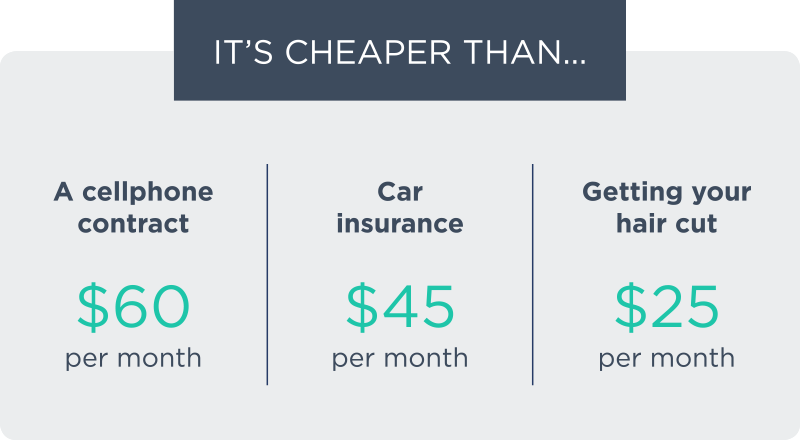
When you look at term life insurance, you need to find the best life policy insurance company for your business. You are getting a product for peace of mind and for the security of your family. You don’t want a company which is neither reliable nor that is in danger of folding. So then how can you decide what the best company is amongst so many renowned companies which have been established in the market for so many years and what you should consider when you choose? The internet is the best place to start. The internet is a great tool for finding the best term life insurance company. A simple search will find dozens of companies. How can you rate them, top to bottom? Take a look at a company’s rating. Independent rating services like A.M. Moody’s are helpful. Their only job is to rate financial companies, giving investors and consumers a good idea of their stability and liquidity. Use only companies rated “A” or higher. The best term life policy company will be rated as the “Best company” amongst so many companies. The premium will be a little bit higher, but the security might be more valuable than the cost. Also look at customer ratings. There are message boards about insurance companies where you can get a feel for what their application and underwriting process are like. You can also get tips for getting a lower price insurance policy.
And, of course, the death benefit is not subject to income tax if paid out (although it could be subject to estate tax). I now continue with others myths concerning life insurance. Probably the biggest one is that young, single people don’t need to buy life insurance. This myth developed and has been promulgated by the popular financial services publications because life insurance is supposed to protect survivors’ ability to remain financially solvent in the event a breadwinner dies prematurely. Therefore, according to this myth, young people, who are typically single, don’t need life insurance. The fact is, that young, single people will almost invariably get the most preferred premiums: even substantial whole life policies are relatively inexpensive. And because young people are typically in the best health of their lives, they are unwritten at the best rates. As one gets older, the risk of having a rated policy due to health issues increases, which can dramatically increase the cost. In addition the cash value of these policies not have a far larger time horizon to accumulate.
What is more interesting is the cash accumulation for each example: starting the policy at age 21 provides over $600,000 in cash value at age 65 and over $1,175,000 in death benefit; at age 31 the cash value is a little over $454,000 at age 65 with a death benefit of approximately $931,000, and starting the policy at age 41 provides a little over $322,000 in cash value and a $754,000 death benefit. Now, keep in mind, the amount of death benefit needed to maintain a lifestyle for a family will typically increase as both responsibilities and income increase. However, the earlier you start the life insurance component of your financial portfolio, the less expensive it will be and the more you will have accumulated for yourself or your heirs later in life. And a guaranteed insurability rider will allow a person to purchase additional coverage at specified times without having to prove insurability.
The next myth is that employer provided life insurance is sufficient to provide the necessary income for a family if the employee dies. Typically, most companies that offer life insurance as a benefit will provide coverage equal to one year’s salary, with the employee given the option to purchase additional coverage up to around five times their salary. These are always term policies, and generally only remain in force only during the time of employment. Another myth is that only people with dependents need life insurance. People who are married and have no children still should begin a life insurance portfolio. Even if no children are planned, the surviving spouse will need a source of income to maintain a lifestyle and replace what the decedent generated while alive, even if the surviving spouse works. And if children are planned, then getting a life insurance plan in place while a person is young and healthy will make the costs more manageable as family expenses increase.
And with the trend toward having children later in life, getting a permanent life insurance policy makes a lot of sense: the policy has grown in value, and the health problems that would preclude underwriting an older age are no longer an issue and the cost of maintaining a policy purchased at a young age is far more affordable. A big myth perpetuated by the popular press is that life insurance brokers and agents are more interested in selling the product that makes them the most commission, not the one that provides the best coverage for the client. The vast majority of agents and brokers are highly ethical professionals. They are going to provide the best plan for their customers not only because of their ethics, but because it makes good business sense for them. A good agent is looking for a client for life, not a one-time transaction. And he or she is also wants to maintain an impeccable professional reputation: word that an agent is doing the wrong thing just to increase commissions will spread quickly and will destroy his or her reputation very quickly.







